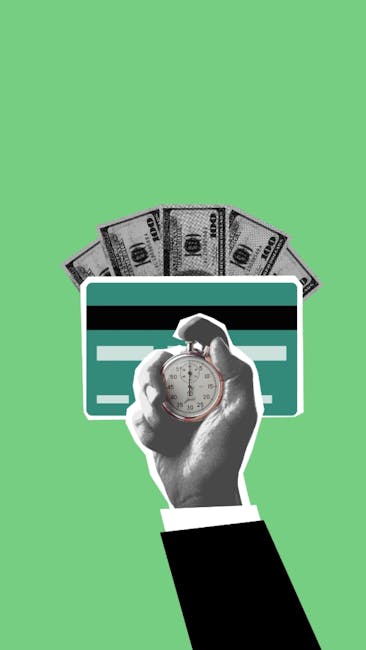Thank you!
What are the Best Resources and Tools for Managing Your Credit and Credit Score?
Having a good credit score is essential to being able to take out the loans and credit products you need in both the short and long term. In order to ensure that you have the best credit score possible, it is important to understand the resources and tools available for managing your credit score and credit health.
Check Your Credit Score for Free
The first step in managing your credit is to know where you stand. Many websites and financial institutions offer free access to your credit score. This includes credit monitoring services, such as Credit Karma, Experian, and Mint. All of these services are free and secure, and will give you a better understanding of how lenders look at your creditworthiness.
Monitor Your Credit Report
Once you have checked your credit score, it is important to monitor it. There are several ways to monitor your credit report. Credit Karma, Experian, and Mint all offer monthly credit score and reports for free. Additionally, the three major credit bureaus (Equifax, Experian, and Transunion) all offer services for monitoring your credit report for a fee. You may also be able to get a free credit report once a year from the credit bureau of your choice from AnnualCreditReport.com.
Understand Your Credit Utilization
Your credit utilization rate is an important factor in determining your credit score. Credit utilization is the amount of your total available credit that you are currently using. It is generally recommended that you keep your credit utilization rate at or below 30%, as this helps to show lenders that you are using credit responsibly.
Pay Your Bills on Time
Paying your bills on time is an essential part of maintaining good credit. Late payments will stay on your credit report for up to 7 years, and can significantly impact your credit score. To help ensure that your bills are paid on time, you can set up automatic payments with your bank. Additionally, many banks and financial institutions will offer bill reminder services, as well as budgeting tools, that can help make sure that your bills are paid on time, every time.
Create an Emergency Fund
Having an emergency fund is another key factor in maintaining a good credit score. Having an emergency fund of 3-6 months worth of living expenses is recommended to help protect yourself from unexpected financial setbacks. Emergency funds can help you avoid taking out loans and credit cards, which can have a negative impact on your credit score.
Reduce Your Debt
Carrying high levels of debt can have a detrimental effect on your credit score. As such, it is important to identify ways of reducing your debt. This can include creating a budget and sticking to it, consolidating your debts, and taking advantage of services such as credit counseling and debt negotiation.
Additional Resources
To further your understanding of the best resources and tools for managing your credit and credit score, please visit the following websites:
- Investopedia: 12 Steps for Managing Credit
- Credit Karma
- Experian
- Consumer Financial Protection Bureau
- The Balance: Tools and Resources to Manage Your Credit

How can I manage my credit more effectively?
How to Manage Credit Responsibly Borrow only what you need!, Pay your credit card bills in full every month, Don’t ignore your service agreements, Build a budget, Use no more than 30% of your available credit limit, Focus less on your credit score, and more on developing positive, lifelong habits .
What is the best way to improve my credit score?
The best way to improve your credit score is to establish a positive payment history, pay down balances on credit cards, work to reduce your debt-to-credit ratio, and maintain low credit utilization. You can also review your credit report for any inaccuracies and dispute any errors that you may find. Consider opening installment accounts, such as student loans and auto loans, to help improve your overall credit score. Lastly, stay on top of your credit by utilizing free credit-monitoring services.
What is the most effective tool for building credit?
Secured Credit Cards. A secured credit card is one of the most widely recommended credit-building tools. To use a secured card you will put down a deposit. That deposit will become your credit limit. Your on-time payments and good use of the account will be reported to the credit bureaus, providing you with a solid foundation from which you can build your credit.
What are 3 things you can do to maintain a good credit score?
Make timely payments Be organized, Pay attention to the payment due dates. Mail your payment — or schedule an online payment through Bill Pay — at least a week before the due date, Sign up for automatic payments, Keep your contact information current , Don’t max out your credit cards, Monitor your credit report, Don’t open too many accounts too quickly, Don’t open a lot of new credit accounts all at once, Don’t close all of your credit cards, Have a mix of credit accounts.
What is the best source for credit score?
The 6 Best Free Credit Reports of 2023 Best Overall: AnnualCreditReport.com, Best for Credit Monitoring: Credit Karma, Best for Single Bureau Access: Credit Sesame, Easiest Sign-Up: NerdWallet, Best for Improving Credit: CreditWise, Best for Daily Updates: WalletHub .
